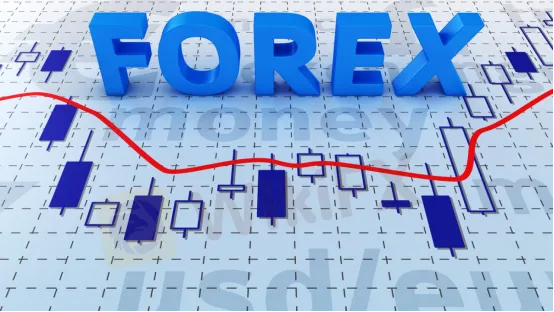简体中文
繁體中文
English
Pусский
日本語
ภาษาไทย
Tiếng Việt
Bahasa Indonesia
Español
हिन्दी
Filippiiniläinen
Français
Deutsch
Português
Türkçe
한국어
العربية
INSTRUCTION MANUAL FOR FOREX TRADING IN SOUTH AFRICA
Abstract:For many people all over the world, forex trading is a popular form of short-term investment and a source of additional or primary income. Forex trading is legal in South Africa, but many would-be traders are unsure of how to get started. This comprehensive beginner's tutorial covers the fundamentals of Forex trading as well as crucial phrases.

For many people all over the world, forex trading is a popular form of short-term investment and a source of additional or primary income. Forex trading is legal in South Africa, but many would-be traders are unsure of how to get started. This comprehensive beginner's tutorial covers the fundamentals of Forex trading as well as crucial phrases.
The process of purchasing and selling one currency for another is known as forex trading, often known as Forex Exchange or FX Trading. Every currency's price changes in relation to its peers since the Forex market is open. A trader can benefit by exchanging one currency for another and selling back when the price changes. Every day, millions of major and small traders throughout the world, including South African dealers, open trades on the market.
The Forex market in South Africa operates similarly to that in many other countries, but with certain local differences. It works like this in general:
When a person decides to become a trader in South Africa, he or she must first choose a brokerage, which acts as a middleman between the trader and the financial market.
A beginner trader establishes an account with a broker of their choice, deposits funds into the account, executes the first trades, and cancels the transaction with profit or loss.
One of the most often asked concerns is why an individual trader should select a broker rather than directly enter the Forex market. To enter the global financial market for currency speculations, a person must first complete some legal paperwork, obtain approval from market regulators, and make a seven-digit deposit. This is something that most retail merchants cannot afford. That is why they deal with brokers and trade with leverage.This rule applies to Forex trading in any country and can be used to get started in South Africa. Let's look at some local details.Legal status, low entry threshold, and ZAR accounts at local brokerages are all compelling reasons to trade forex in South Africa.

Disclaimer:
The views in this article only represent the author's personal views, and do not constitute investment advice on this platform. This platform does not guarantee the accuracy, completeness and timeliness of the information in the article, and will not be liable for any loss caused by the use of or reliance on the information in the article.
Read more

Axi Reveals Game-Changing Edge Score Tool to Elevate Traders
Axi launches the Edge Score Explainer, a tool providing traders with real-time insights, personalized metrics, and actionable data to enhance trading performance.

High Risk, High Returns: Is This True?
Leverage is one of the most talked-about tools in trading. It promises big returns but comes with huge risks. Traders often wonder if leverage is a blessing or a curse. There are arguments on both sides. Some traders believe it is a game-changer. Others think it can ruin your account. What is your take on this?

FCA Plans to Transform Financial Regulations in the UK
The Financial Conduct Authority (FCA) has revealed plans to reform its regulatory framework to support economic growth in the United Kingdom.

Is eToro Leaving London to Focus on a $5B U.S. IPO in 2025?
eToro plans a $5B U.S. IPO in 2025, shifting focus from London to the U.S. market. Discover details on eToro's valuation, SEC filing, and future in fintech.
WikiFX Broker
Latest News
IG Japan Extends US Stock CFD Trading Hours in 2025
ALERT! Warning against Livaxxen
Which Zodiac Sign Makes the Best Trader?
Plus500 Collaborates with Topstep, Prop firm
Robinhood Launches Crypto Trading Services in Spain
Archax Secures FCA Approval to Oversee Crypto Promotions in the UK
CLS Global Admits to Crypto Fraud
Philippine SEC Urges Caution Regarding Ecomamoni
Become Women Brand Ambassador of Yamarkets
How Often Do U.S. Recessions Impact Online Trading Trends?
Currency Calculator


